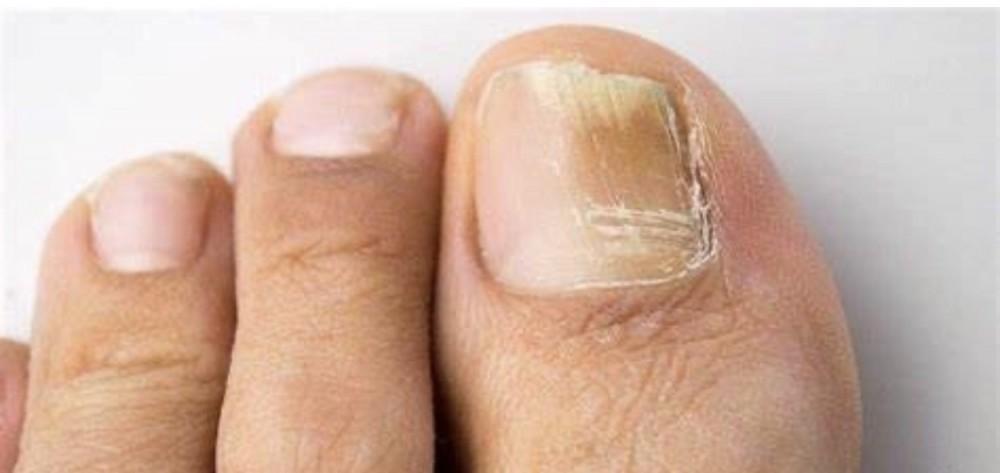Fungal nails, also known as onychomycosis, are a common condition that affects many people. They occur when fungi invade the nail bed, leading to changes in the nail’s appearance, texture, and sometimes, discomfort. This infection can affect both toenails and fingernails, but it’s particularly prevalent in toenails due to the warm, moist environments created by footwear. If you suspect you have a fungal nail infection, it’s essential to seek treatment from experienced Chicago podiatrists. Here’s a closer look at the treatment options available to help you regain healthy nails.
Understanding Fungal Nail Infections
Fungal nail infections are often caused by dermatophytes, yeasts, or non-dermatophyte molds. Common symptoms include:
- Discoloration: Nails may become yellow, brown, or white.
- Thickening: The affected nails may thicken, making them difficult to trim.
- Brittleness: Fungal nails can become brittle and prone to breaking or crumbling.
- Separation: The nail may begin to separate from the nail bed.
- Odor: An unpleasant smell may emanate from the infected nail.
When to See a Chicago Podiatrist
If you notice any of these symptoms, it’s crucial to consult a Chicago podiatrist for a proper diagnosis and treatment. The sooner you address a fungal nail infection, the better your chances of a successful recovery. At Michigan Avenue Podiatry, our team, including renowned specialists such as Dr. Kelsey Krotiak, Dr. Asim Qureshi, Dr. Zane Qureshi, Dr. Kevin O’Connor, and Dr. Mohammad Usman, is equipped to provide comprehensive care.
Treatment Options for Fungal Nails
Here are the most common treatment options offered by our Chicago podiatrists:
1. Topical Antifungal Treatments
Topical treatments include antifungal creams, lacquers, or solutions that are applied directly to the infected nail and surrounding skin. While they may be effective for mild cases of fungal nails, topical treatments typically require consistent application over several weeks or months. Popular options include:
- Ciclopirox (Penlac): A medicated nail lacquer that is painted on the nail once daily.
- Efinaconazole (Jublia): A topical solution applied directly to the nail that works to eliminate the fungal infection.
2. Oral Antifungal Medications
For moderate to severe fungal nail infections, oral antifungal medications may be prescribed. These medications work from within the body to eliminate the fungus. Common options include:
- Terbinafine (Lamisil): This is often prescribed for a course of several weeks and has a high success rate.
- Itraconazole (Sporanox): Another effective option, it may be prescribed in pulse dosing, where you take the medication for a week followed by a break.
Oral medications can be particularly beneficial for patients with extensive nail involvement or underlying health conditions that may complicate treatment.
3. Laser Therapy
Laser therapy is a newer treatment option that uses targeted laser light to destroy the fungus without harming surrounding tissue. This procedure is painless and often requires multiple sessions to achieve the best results. It’s particularly appealing for patients who may not respond well to traditional treatments or prefer a non-invasive option.
4. Nail Removal
In severe cases where the infection is persistent and painful, surgical removal of the infected nail may be necessary. This allows the new, healthy nail to grow back without the interference of the fungus. Our podiatrists will discuss this option with you and provide the necessary care to ensure proper healing.
Preventing Fungal Nails
While treating fungal nails is essential, preventing future infections is just as important. Here are some tips to help you keep your nails healthy:
- Maintain Good Foot Hygiene: Wash your feet daily and dry them thoroughly, especially between the toes.
- Wear Breathable Footwear: Choose shoes that allow air circulation to minimize moisture buildup.
- Avoid Walking Barefoot: Protect your feet in public areas like pools, gyms, and locker rooms.
- Trim Nails Regularly: Keep your nails short and well-groomed to reduce the risk of fungal invasion.
Conclusion: Take Action Today
If you suspect you have fungal nails, don’t hesitate to reach out to our experienced team at Michigan Avenue Podiatry. Our board-certified podiatrists, including Dr. Kelsey Krotiak, Dr. Asim Qureshi, Dr. Zane Qureshi, Dr. Kevin O’Connor, and Dr. Mohammad Usman, are dedicated to providing compassionate care and effective treatment options tailored to your needs. Schedule an appointment today and take the first step toward healthier, fungal-free nails!



